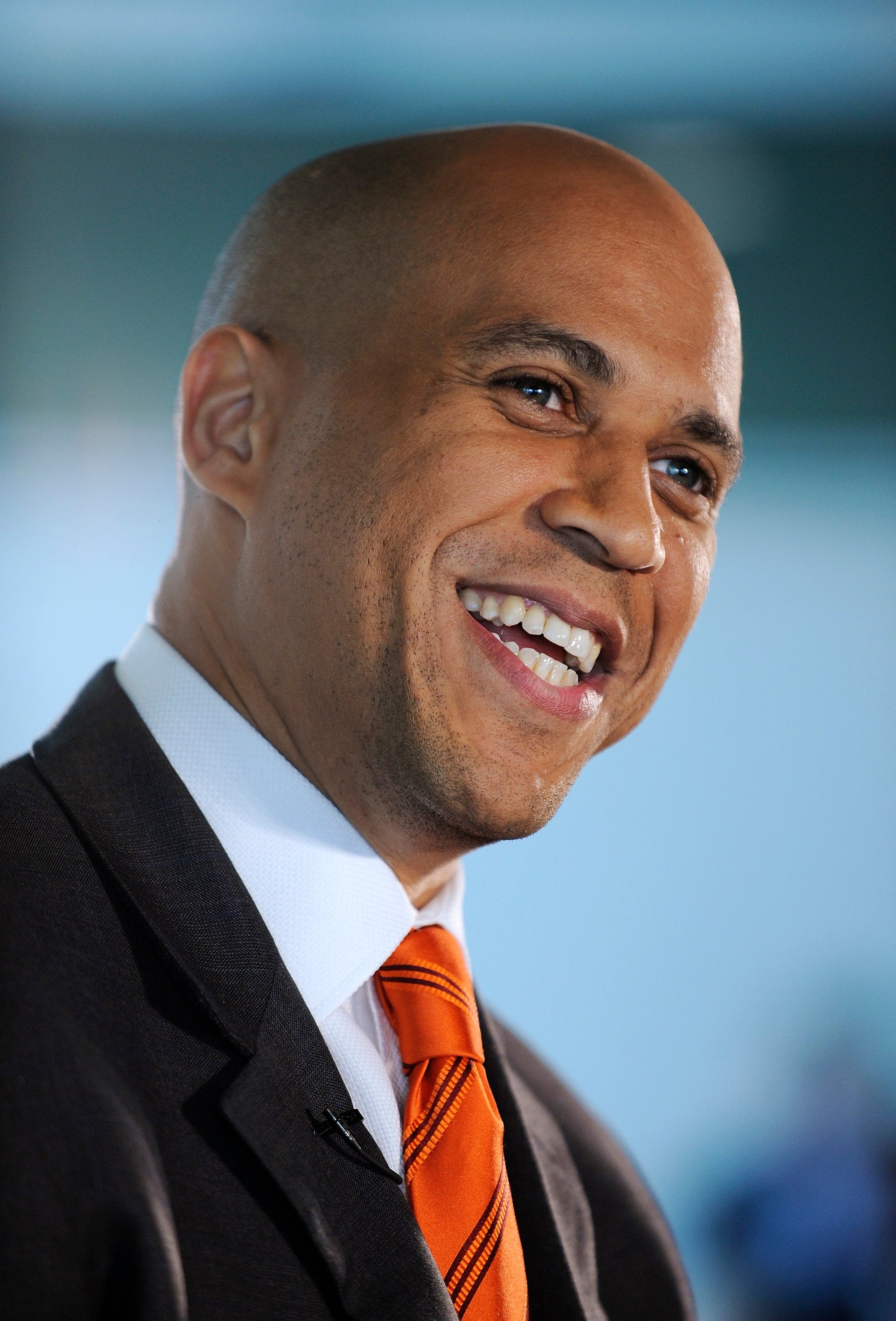US senator Cory Booker on Me Too and why “we won’t legislate our way to full equality”
More than 25 years ago, Cory Booker wrote an op-ed in his undergraduate student newspaper, The Stanford Daily. Titled ”So much for stealing second,” it detailed an encounter on New Year’s Eve when he was 15 and tried to touch the breast of a friend he was kissing. “After having my hand pushed away once,” he recounted, “I reached my ‘mark.'”


More than 25 years ago, Cory Booker wrote an op-ed in his undergraduate student newspaper, The Stanford Daily. Titled ”So much for stealing second,” it detailed an encounter on New Year’s Eve when he was 15 and tried to touch the breast of a friend he was kissing. “After having my hand pushed away once,” he recounted, “I reached my ‘mark.'”
The groping stopped, though, and while no romantic relationship ensued, a friendship did. The next week in school, the girl “told me that she was drunk that night and didn’t really know what she was doing,” Booker recounted.
Sometime between her confession and his decision to use a highly personal story to make an important point in a newspaper, the future US senator from New Jersey came to a realization: ”Ever since puberty,” he wrote in his 1992 op-ed, “I remember receiving messages that sex was a game, a competition. Sexual relations were best achieved through luck, guile, strategy or coercion. Another friend in high school counseled me on the importance of drinking: ‘With liquor you’ll get to bed quicker,’ she said. Thinking about her statement back then, I realized its veracity.”
The op-ed is still resonant decades later, particularly in the context of the Me Too Movement.
In the intervening years, Booker, who is now 49, finished Stanford with an undergraduate degree in political science and a master’s in sociology, got a law degree from Yale Law School, where he ran subsidized legal clinics for low-income residents of New Haven, Connecticut, and became the “super mayor” of Newark, New Jersey. (He earned the nickname in 2012 after saving a local woman from a house fire and enduring second-degree burns himself.)
In 2013, Booker became the first African-American senator from New Jersey. Since then, he has actively advocated for women via legislation like the Dignity Act, which modifies how federal prisons treat women and their families, and an extremely active Twitter feed, on which he calls out social injustices and shares feminist satirical poetry. Many speculate that Booker will run for president in the 2020 US election.
Speaking with Quartz, Booker discusses how the Me Too movement heightened his consciousness and explains what it will take beyond legislation to reach gender equality in America.
1. Did you actively think about workplace gender inequality prior to the Me Too movement? And what’s the most important lesson you’ve learned from Me Too?
Gender equality has long been at the forefront of my mind, and I think the Me Too movement has elevated many men’s consciousness, my own included, about how to be better allies. The breadth and depth of challenges facing women in the workplace and in all corners of life is profound, but I’m hopeful that this important national conversation will move us forward toward a more fair and equal society.
While the Me Too movement feels new to many, it’s important to recognize the voices of women who paved the way for the present iteration of the conversation and who have been fighting to raise awareness of this issue for decades, such as Tarana Burke. There’s so much more work to do, but I have no doubt we’ll get there.
2. Do you identify as a feminist? Why or why not? How do you define your feminism?
Absolutely. To me, feminism is believing in women’s equality, and I ardently ascribe to that belief. While most men don’t have first-hand experience with gender-based discrimination, we can still be powerful allies for advancing women’s rights. We need to do a better job of listening to women and standing up for what’s right, even when it’s not popular or comfortable.
3. What do you do on a daily basis to advance gender equality?
On a daily basis, I think it’s really important to be conscious of gender-based discrimination—which presents in sometimes more, but often less, obvious forms—and do everything possible to defeat that discrimination. On a broader level, as a US senator, I’m a co-sponsor of the Paycheck Fairness Act that would strengthen the Equal Pay Act of 1963 and guarantee that women can challenge pay discrimination and hold employers accountable. I’ve also pushed the Office of Management and Budget to make changes to a critical employment form that would improve wage data and address the pay gap, and I’ve defended those changes when they were being threatened by the Trump administration.
I’m also a co-sponsor of the Raise the Wage Act, which would increase the federal minimum wage for regular employees. Increasing the minimum wage would give 14 million women, including 6 million working mothers, a much-needed raise.
Fundamentally, though, while I’m proud of my legislative record and will continue to push hard to make these bills law, we won’t legislate our way to full equality. We have to teach and evolve our way there.
4. What’s the best advice you’ve received from another man, and what’s your best advice for young men today?
My best advice to young men today, which is advice I received from my dad, is to be a thermostat, not a thermometer. We all have this choice in life, we can be like a thermometer, simply reflecting the environment we’re in, or we can be a thermostat and take responsibility for setting the temperature.